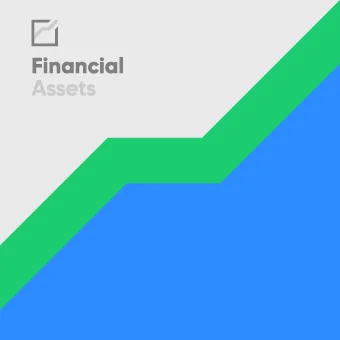
- Hedge fund Alphadyne Asset Management is one of the biggest casualties from a short squeeze in the global bond market, with its $12 billion macro trading strategy snared in a series of bad bets on rising interest rates.
The investment firm is staring down losses of about $1.5 billion after its hedge funds plunged through July, according to people familiar with the matter. The flagship of Alphadyne International Fund lost about 10%. It also manages a leveraged version with about the same amount of assets.
Alphadyne's losses, the biggest among macro hedge funds to be publicly revealed, are particularly surprising because its strategy has never had a down year since it started in 2006. Macro funds were up 6.8% in the first half, including a 0.5% advance in June, according to Bloomberg data compiled.
A spokesperson for the firm Alphadyne declined to comment.
The losses show how even the most plugged-in investors were caught flat with the sharp rally in U.S. Treasury notes over the past four months. Amid some of the highest U.S. inflation readings in decades, interest rates have declined, perplexing bond traders around the world.
In one of the most dramatic moves, the yield curve from five to 30 years flattened by more than 25 basis points in June in the span of three days, the sharpest drop since the peak of market volatility in March 2020. The gap at the end of the month barely widened. Alphadyne was heavily affected by two steepeners and was slow to react, the people said.
Macro hedge funds are starting to lose investor interest after a record year of gains in 2020 for some of the biggest players. Inflows into them were slightly negative after investors pulled $5.6 billion in June, according to data compiled by eVestment.
In June alone, Alphadyne's flagship fund tumbled 4.3%, its worst month ever, with its managers positioned to increase the U.S. yield curve and larger interest rates generally, the people said, asking not to be identified because the information is private.
By July, Chief Investment Officer Philippe Khuong-Huu was continuing to shut down his bets, decreasing short bets and relative value plays in the U.S. and Europe and trimming out busted Treasury curve trades, according to a person familiar with the matter. All told, it lost another 2.5% last month.
Alphadyne was founded by Khuong-Huu and Bart Broadman, co-workers in JPMorgan Chase Co. Its investors include pension funds, insurance companies and sovereign wealth funds, according to its website. In 2017 Alphadyne spun off its Asia team into Astignes Capital Asia Pte, which focuses on trading interest rates and currency instruments in the region. Khuong-Huu, described in a May article by the New York Times as a Vietnameseman of Vietnamese descent, was the chief of interest rates at Goldman Sachs Group Inc. in the early 2000s before forming Alphadyne. During his time at Morgan Stanley, he overlapped with Glenn Hadden, who spent more than a decade there trading global government bonds and U.S. currency notes before leaving in 2011 to run interest rate trading at Wall Street Bank.
Hadden joined Alphadyne in 2014 and is considered one of its top portfolio managers, according to people familiar with his trading. That's largely paid off - Alphadyne posted double-digit gains in each of the previous four years.
Hedge funds and other large speculators generally scaled back bets against Treasury futures during the first five months of 2021 after offloading securities earlier in the year. By the start of June, leveraged funds had built up their biggest net long position in 10 year note futures since 2013, according to the Commodity Futures Trading Commission data.
Speculators have taken a bearish turn again since then, especially in so-called ultra bond futures. Leveraged funds have become the biggest net short position in these contracts in nearly a year.
